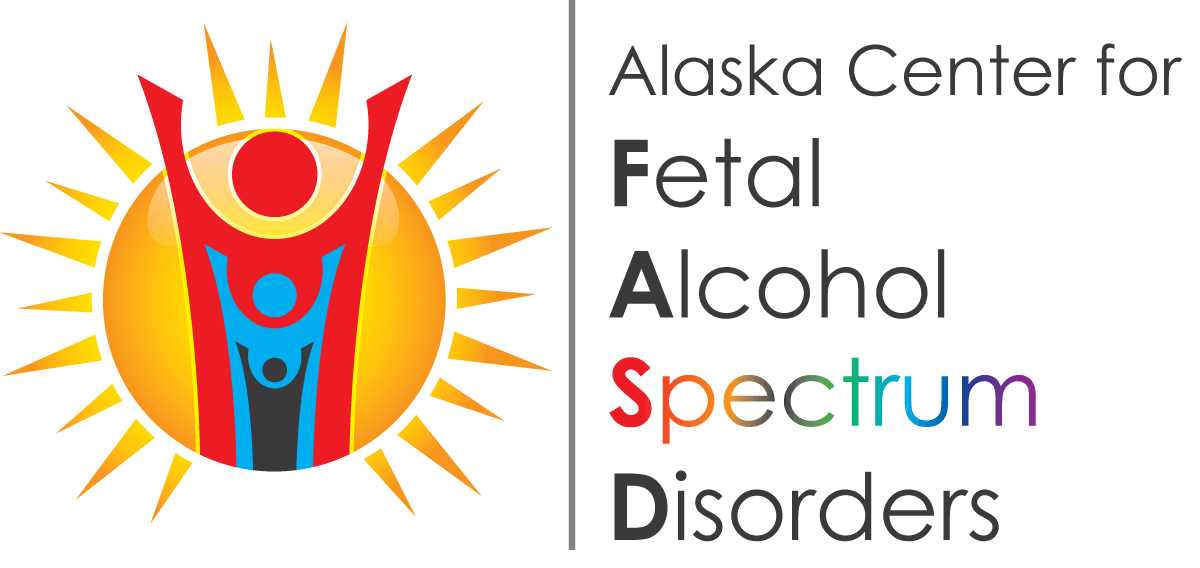Behavioral Health
FASD-Informed Behavioral Health Providers Are Key Members of the Service System
Those working in the field of behavioral/mental health have regular interactions with individuals who experience an FASD. This is because FASD is common and so many of the manifestations of this brain-based disability are reflected as behaviors. However, whether the clinician recognizes that FASD is the reason behind the behaviors is another story as all too often the alcohol history is not known (or asked about) and the individual has not received an FASD diagnostic evaluation to help the clinician include it in their differential diagnosis when deciding about other mental health conditions.
The difficulties can begin at a young age (ages 2-5) with a child who has more severe tantrums and emotional regulation difficulties. The child may not be on track for learning self-help or social skills. They may be very distractible (which is then presumed to be an ADHD) but this may be a manifestation of their sensory system differences and requires a different intervention as a result. Often referral to an occupational therapist can be very helpful for a younger age child who is experiencing self-regulation and sensory-related behaviors.
School age children may develop difficulties in the classroom environment due to overstimulation, poor understanding of what is expected (due to language or executive function issues), and expectations that they behave similarly to their peers. Many children with an FASD simply cannot meet those expectations and, as a result, develop disruptive or oppositional behaviors. Allied health providers such as speech language pathologists and occupational therapists often have great strategies to offer a family searching for answers to difficult behaviors.
Adolescents and adults are expected to be able to perform increasingly complex tasks, remember deadlines & appointments, keep track of their workload, etc. They may have difficulty with creating and maintaining relationships, keeping jobs, and conducting basic day to day living tasks. A brain that is built differently due to prenatal alcohol exposure (PAE) is often tremendously taxed when trying to accomplish the skills needed for transitional independence. As a result, these individuals are often exhausted (their brain is working overtime to survive and understand the world around them) and anxious or depressed (for multiple reasons including being misunderstood and underlying teratogenic influences on neural transmitter function). They blame themselves for their difficulties because they do not understand that they cannot do some things easily. This self-doubt and poor self-worth can begin at a very young age as they compare themselves to their peers and find that they do not ‘measure up’.
We cannot overemphasize enough that helping children/youths/adults who experience an FASD to find their passions can be of huge benefit to them for skill and self-worth enhancement.
The answer to preventing potential secondary disabilities or conditions is early recognition of the brain-based reasons for behaviors and appropriate interventions. For the behavioral health clinician, we recommend that they think ‘FASD’ as a possible differential for anyone who is not responding well to usual treatments and medications. Many individuals with FASD have impairments in receptive, expressive, and/or social language. This may mean that talk therapy is not a good option for them. They may do better with art, music, or other experiential types of therapy modalities.
We have seen youths and their families respond well to the clinician’s use of the 8 Magic Keys video as a therapeutic tool. The youths see themselves in the scenarios and are relieved to see that others have the same issues and the families learn tools that can be helpful for their day to day lives.
Cognitive Behavioral Therapy (CBT) is often very difficult to conduct with individuals with FASD as they may not have the cognitive capacity to engage in the therapy successfully. Their potential difficulties with social thinking, memory, learning, understanding cause & effect, and cognitive inflexibility (i.e. black & white thinking) may make it hard for them to succeed. In short, the CBT may be exacerbating their feeling like a failure as it is often a poor fit for them.
Much research has been and is continuing to be done to determine what works well for individuals who experience an FASD. TIP 58, produced by the federal Substance Abuse and Mental Health Services (SAMSHA), has many terrific ideas for how to tailor services to better meet the needs of those with FASD. In addition, CanFASD has funded research for a psychotropic medication algorithm for treating those who experience an FASD. Brains that are built differently respond to medications differently.
Referral for neuropsychology evaluation can be very illuminating in terms of identifying where brain-based difficulties may be AND once identified, can potentially help a clinician to provide improved care. If the alcohol history is confirmed, referral to an FASD diagnostic team can be extremely helpful as the team members are able to ‘drill down’ to assess brain function in their areas of expertise. Sometimes the effects of prenatal alcohol exposure can be quite capricious and subtle making it difficult to discern the areas of impact without the deep dive of a team approach but we know from self-advocates that they still feel something is ‘off’. We have seen youths reach their teen years before manifestations of their disability really become more evident.
Finally, Neurobehavioral Disorder associated with prenatal alcohol exposure (ND-PAE) is in the DSM V appendix and outlines very specific criteria for use by the behavioral health community for FASD diagnosis. Keep in mind that FASD is a whole-body condition that presents primarily as behaviors but further medical evaluation may also be indicated depending on the individuals’ overall clinical presentation and medical history.
If you are interested in arranging a training for the behavioral health clinicians at your agency, contact us to discuss your needs.
